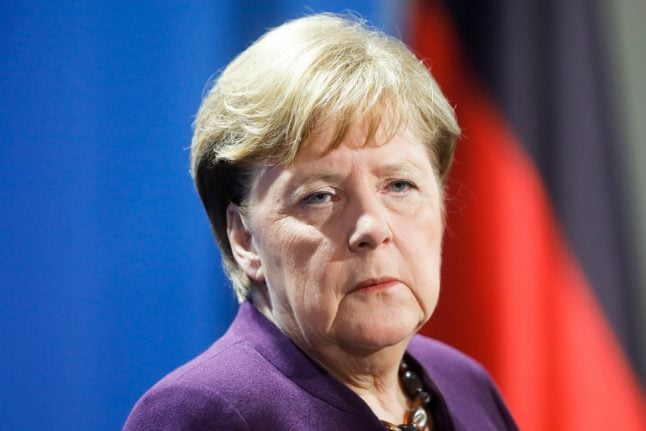Merkel, 65, has been in self-isolation at her Berlin flat for just over a week, after learning on March 22 that a doctor who gave her a vaccination two days earlier was infected with the virus.
“The chancellor's third test also turned out negative. The chancellor will continue to carry out her official business from her at-home quarantine in the coming days,” spokesman Steffen Seibert said in a statement.
It was not immediately clear if Merkel would undergo further testing.
People who have come into contact with confirmed COVID-19 cases are generally advised to self-isolate for 14 days.
While in isolation, Merkel has kept working and held government meetings via video link.
On Saturday she released an audio message thanking Germans for heeding the country's unprecedented confinement measures and avoiding unnecessary social contacts.
She also pleaded for patience, saying it was too soon to say when the restrictions could be eased.
Germany has recorded over 57,000 coronavirus cases and 455 deaths, according to the Robert Koch Institute for disease control.
READ ALSO: Merkel goes into quarantine after meeting doctor with coronavirus



 Please whitelist us to continue reading.
Please whitelist us to continue reading.
Member comments